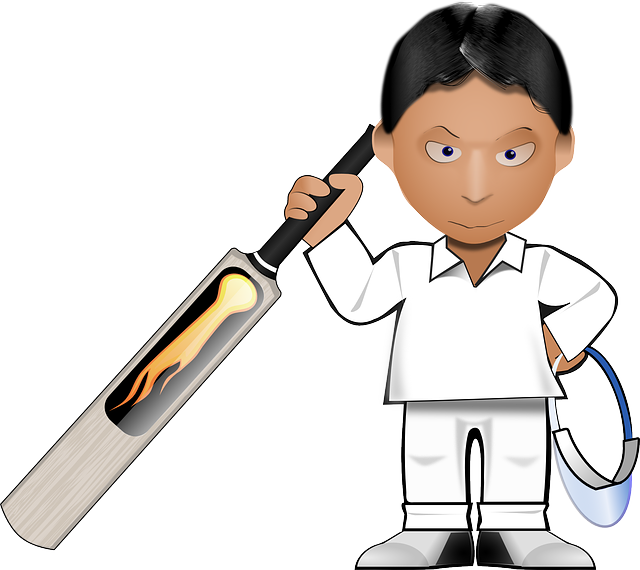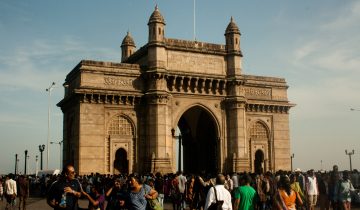The IPL Scandal – Corruption within Cricket

When one thinks of the world’s largest democracy, one of the first things one associates with Hindustan is its primary religion – no, not Hinduism or Islam or Sikhism or the variety of other traditional religions that exist within India’s diverse population. Rather, they think of the country’s national religion, one that unites all of India: cricket. India has a history of having extremely turbulent cricket politics, but even by those standards, the ongoing conflict between the country’s cricket board and Supreme Court is stunning.
The Supreme Court has a long standing record of being active in Indian affairs, many times to account for the nation’s broken legislative and executive bodies – continuing this legacy, the Supreme Court, over the past year, has specifically targeted increasing corruption in the country’s masterpiece, the Indian Premier League, a Twenty20 cricket tournament where different franchise teams participate for the title.
While interrogating this corruption, the court created a panel to investigate illegal betting and spot fixing in the IPL. Spot fixing involves players making purposeful errors, like bowling wide-balls and no-balls at times decided with bookkeepers. Justice Mukul Mudgal’s three-member panel submitted its 170-page report to the court last month.
In regards to the specific investigation, Justice A.K. Patnaik of the Supreme Court advised for the removal of N, Srinivasan from his position as the president of the BCCI. Saying in March, “unless the [Board of Control for Cricket in India] president stands down, there can be no fair investigation. It’s nauseating.”
At the beginning of this controversy was the arrest of Mr. Srinivasan’s son-in-law, Gurunath Meiyappan, in June of last year over accusations of illegal betting in the IPL – Mr. Meiyappan was found guilty in February. Mr. Srinivasan had briefly “stepped aside” but Mr. Srinivasan still returned to his prestigious post. Also in February, he was elected as head of the sport’s international organization, the International Cricket Council.
At the center of the scandal are Mr. Srinivasan’s alleged conflicts of interest, since his family firm, India Cements, owns the Chennai Super Kings. Supreme Court Justices have proposed that those employed by India Cements, which includes several members of India’s cricket elite, such as Mahendra Singh Dhoni – the captain of the Indian national team – should not be allowed to hold positions in the BCCI.
These justices also think that, along with the Super Kings, the Rajasthan Royals should be suspended from the upcoming IPL tournament – in a recent scandal, four of the Royal’s players were arrested on suspicion of match-fixing. The BCCI has continuously refused to provide an independent investigation into these scandals, and that’s exactly what the Supreme Court hopes to achieve.
The Supreme Court originally requested that Mr. Srinivasan step down from his position in the BCCI, but he resisted and refused to resign. Then, in a landmark moment on March 28th, the Indian Supreme Court installed Sunil Gavaskar as the interim president of the BCCI through court order, replacing Mr. Srinivasan. Sunil Gavaskar is one of India’s greatest former cricketers who played during the 1970s and 1980s and will oversee the upcoming IPL season. The Supreme Court will decide the fate of the Chennai Super Kings and the Rajasthan Royals on April 16th. Click here for a full timeline of the IPL’s spot fixing scandals.
[Image Attribute: Source Hyperlinked]



